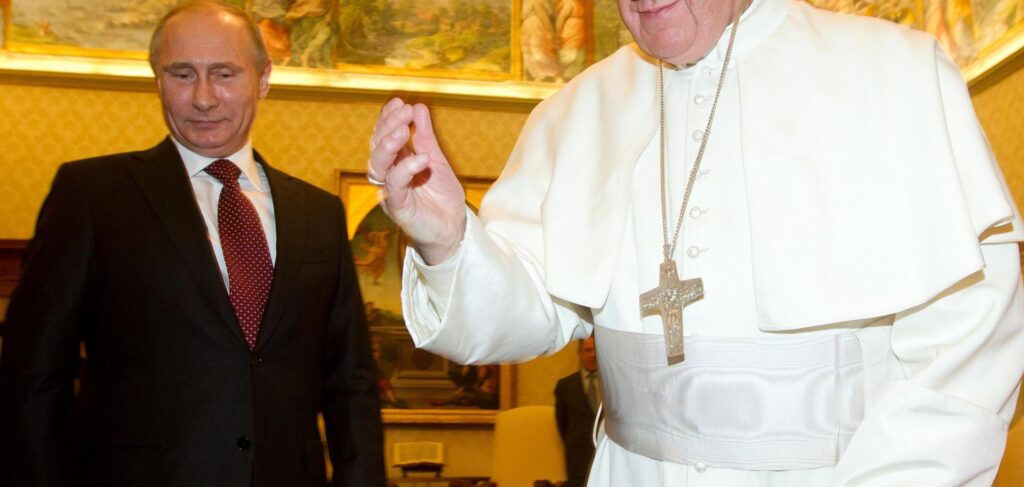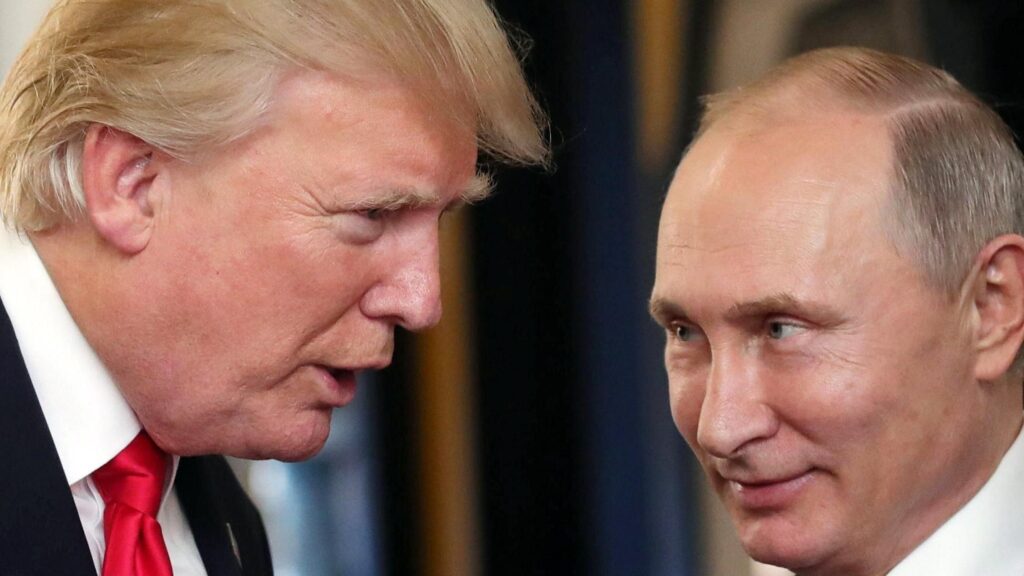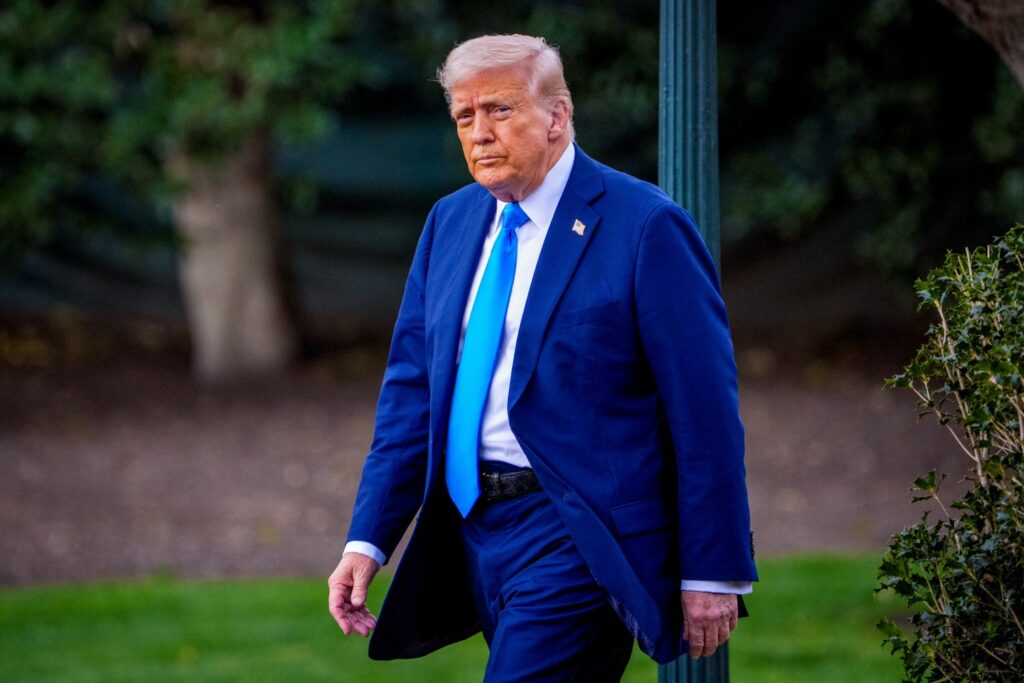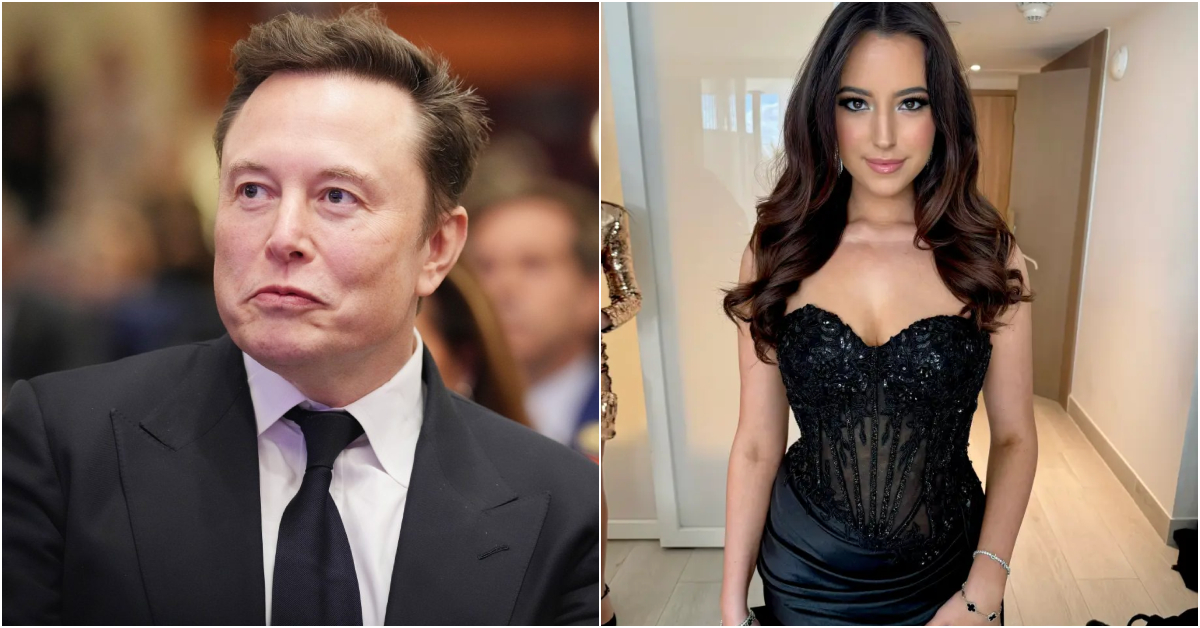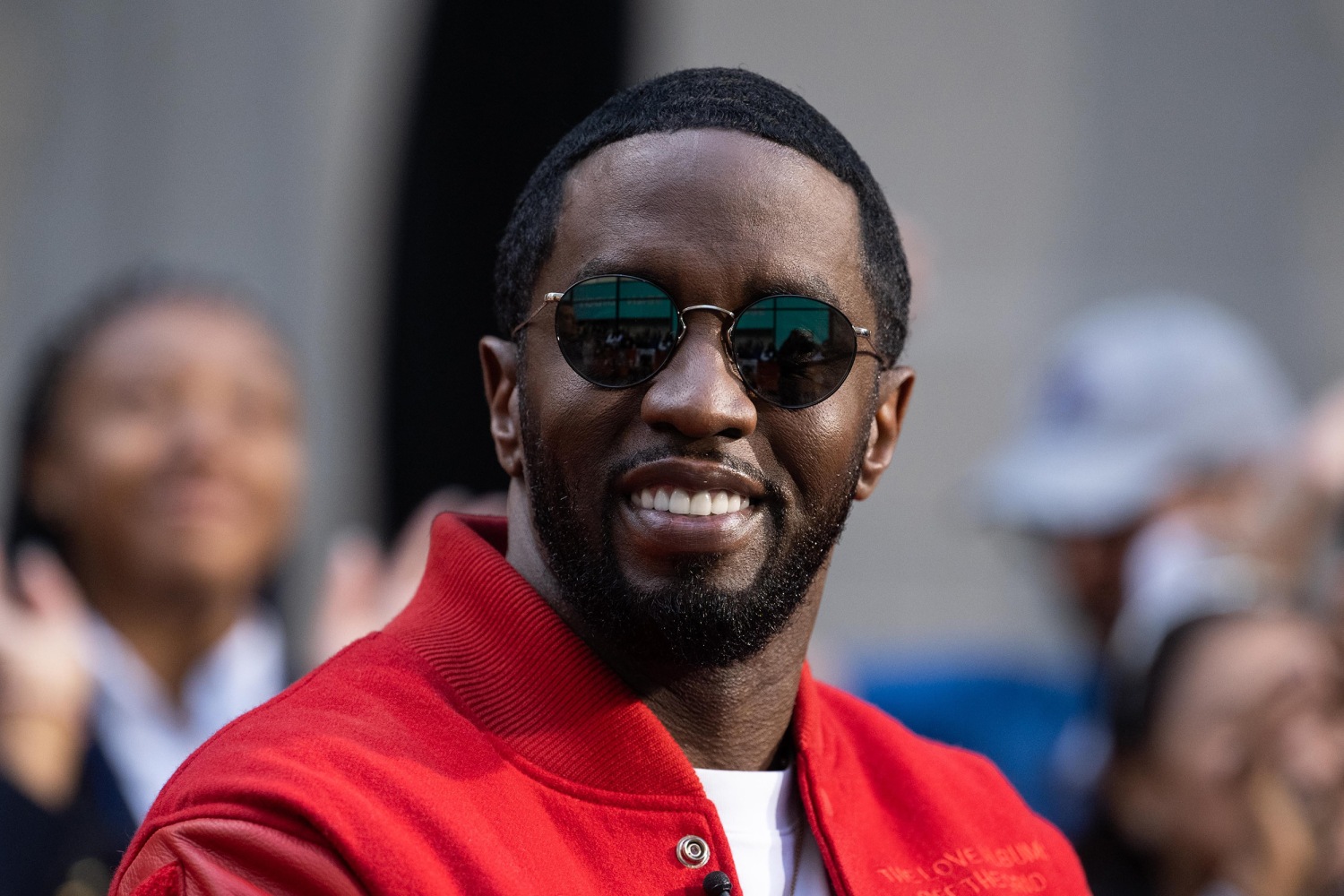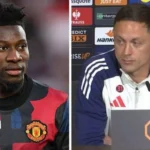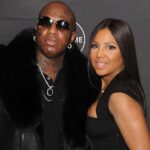Now Reading: Trump ‘Very Angry’ at Putin: Kremlin Responds to Explosive Comments
-
01
Trump ‘Very Angry’ at Putin: Kremlin Responds to Explosive Comments
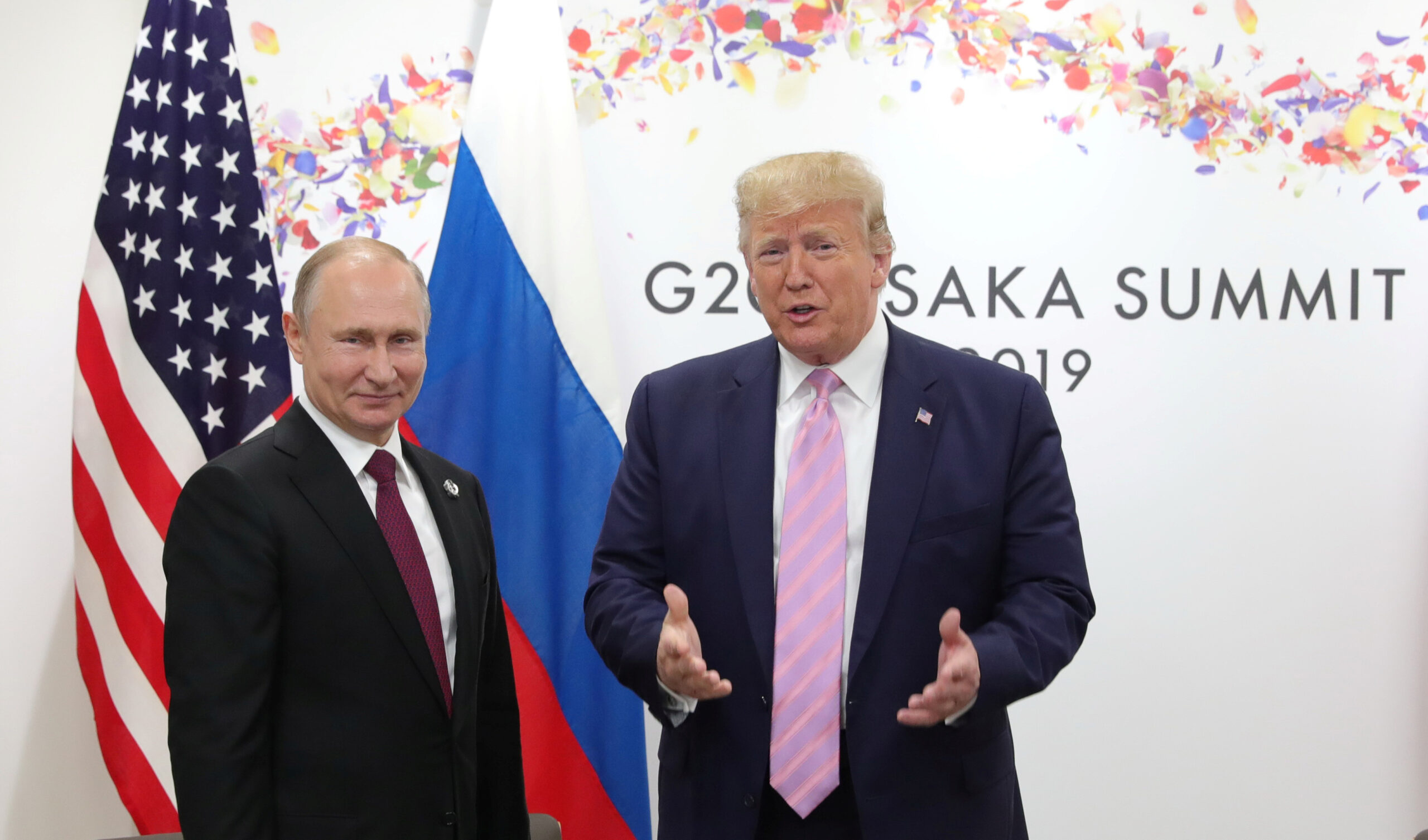
Trump ‘Very Angry’ at Putin: Kremlin Responds to Explosive Comments
Kremlin Addresses Trump’s ‘Very Angry’ Comments About Putin
In a surprising development in US-Russia relations, the Kremlin has officially responded to former President Donald Trump’s remarks about being “very angry” and “pissed off” with Russian President Vladimir Putin over Ukraine peace proposals.
The controversial comments came after Putin suggested placing Ukraine under a “temporary administration” and removing President Volodymyr Zelensky from office as part of potential peace negotiations—a proposal that apparently didn’t sit well with Trump, who has otherwise maintained a cordial tone toward the Russian leader.
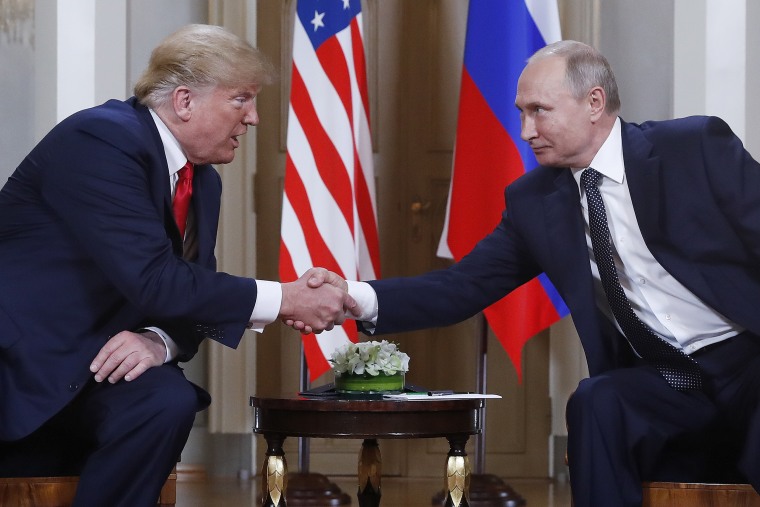
Kremlin’s Careful Response to the Tension
Kremlin spokesperson Dmitry Peskov addressed the situation during a Monday press briefing, taking a notably measured approach. Rather than directly confronting Trump’s heated language, Peskov suggested that some of the wording had been paraphrased rather than directly quoted.
“Several various statements were made,” Peskov acknowledged cautiously, neither confirming nor denying the substance of Trump’s reported frustration with Putin’s Ukraine stance.
The diplomatic dance continued as Peskov emphasized ongoing cooperation between Moscow and Washington, despite the apparent friction. “We continue to work with the American side, first of all, on building our bilateral relations, which suffered enormous damage during the previous administration,” he told reporters.

Ukraine at the Center of the Dispute
At the heart of this diplomatic tension is Putin’s controversial vision for resolving the Ukraine conflict. The Russian president’s suggestion to install a “temporary administration” in Ukraine and remove Zelensky from power has been widely viewed as an attempt to establish Russian control over its neighbor.
Trump’s reported anger signals a potential rift in what many observers have characterized as his generally accommodating approach to Putin. The former president has frequently faced criticism for his seemingly warm relationship with the Russian leader, making these “very angry” comments particularly noteworthy.
According to sources familiar with the situation, Trump was especially frustrated by Putin’s unilateral approach to resolving the conflict without sufficient consultation with the United States.
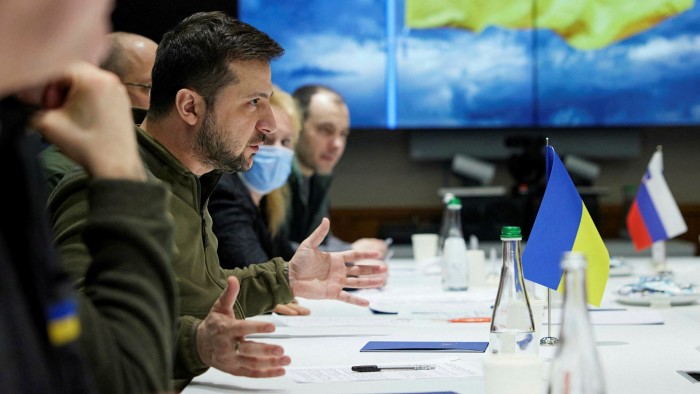
Behind the Scenes: Working Toward Resolution
Despite the public tension, Peskov insisted that work continues behind the scenes on both bilateral relations and finding a path to peace in Ukraine. “We are also working on implementing some ideas related to the Ukrainian settlement. The work is underway, so far there are no specifics that we would have to inform you about,” he explained.
When pressed about the possibility of a direct call between Putin and Trump to address these differences, Peskov left the door open. While noting that no such call is currently on Putin’s schedule, he indicated it could be “very promptly organized if necessary”—suggesting both sides remain open to dialogue despite the apparent disagreement.
The timing of this discord is particularly significant as Russia continues its military operations in Ukraine and international pressure for a resolution intensifies. How this apparent friction between Trump and Putin might influence future peace negotiations remains uncertain.
What This Means for US-Russia Relations
International relations experts suggest this public disagreement could signal a more complex dynamic between the two leaders than previously understood. The reported anger from Trump may indicate his desire to be seen as taking a firmer stance on Russia’s actions in Ukraine.
“This represents an interesting shift in tone from Trump, who has historically been reluctant to criticize Putin directly,” explains Dr. Elena Markova, professor of International Relations at Georgetown University. “Whether this reflects a genuine policy disagreement or is primarily for domestic political consumption remains to be seen.”
As both Washington and Moscow navigate this delicate situation, the world watches closely for signs of either escalation or reconciliation. For now, the Kremlin appears determined to downplay any suggestion of serious discord while keeping communication channels open.
What’s clear is that Ukraine’s future remains at the center of this high-stakes diplomatic tension, with both Putin and Trump likely to continue advancing their own visions for resolving the conflict—whether in harmony or increasingly at odds with one another.

